The Best Time to Buy Your First Home: Market Trends Explained
29 April 2025
Buying your first home is a huge milestone, and let’s be honest—it’s both exciting and nerve-wracking. After all, purchasing a house isn’t like picking out a new phone; the stakes are much higher. One of the biggest questions first-time buyers ask is: When is the best time to buy a home?
The truth is, timing the market perfectly is nearly impossible. However, understanding market trends can help you make a more informed decision and potentially save you thousands of dollars in the process. In this article, we’ll break down the key factors influencing real estate markets, the best seasons for homebuying, and how economic conditions impact prices. 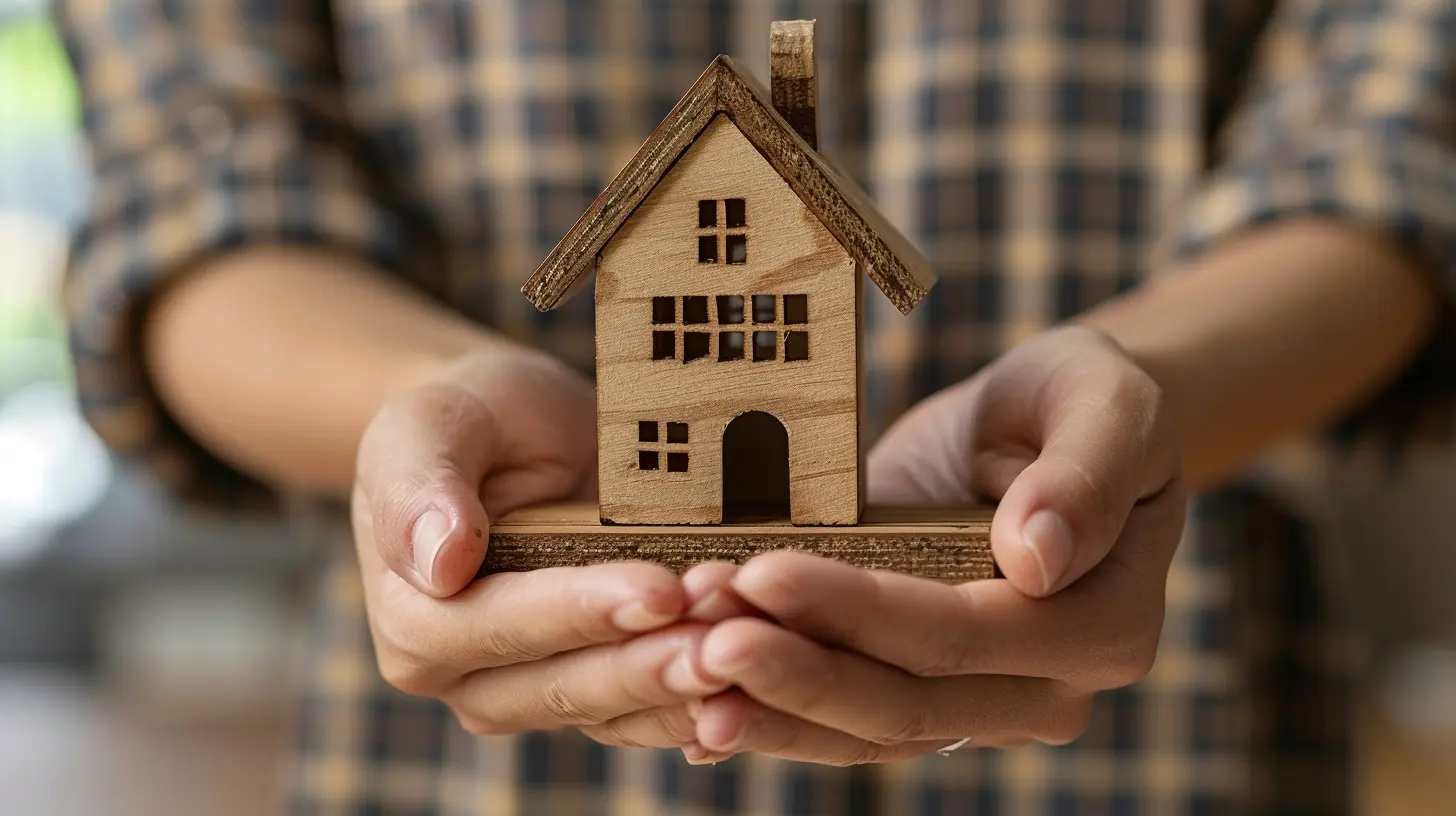
1. Understanding Market Trends
Before we dive into the best time to buy, let’s talk about why housing prices fluctuate. Real estate markets are influenced by several factors, including:- Supply and demand – When there are more buyers than homes available, prices go up. When there are more homes than buyers, prices go down.
- Interest rates – Lower mortgage rates mean cheaper monthly payments, increasing buyer demand. Higher rates, on the other hand, can cool down the market.
- Economic conditions – A strong economy with high employment rates often leads to increased home prices, while a recession can cause prices to drop.
- Government policies – Tax breaks, first-time homebuyer incentives, or changes to mortgage qualifications can affect market activity.
Now that we’ve covered the basics, let’s talk about seasonal trends and how different times of the year impact home prices and availability. 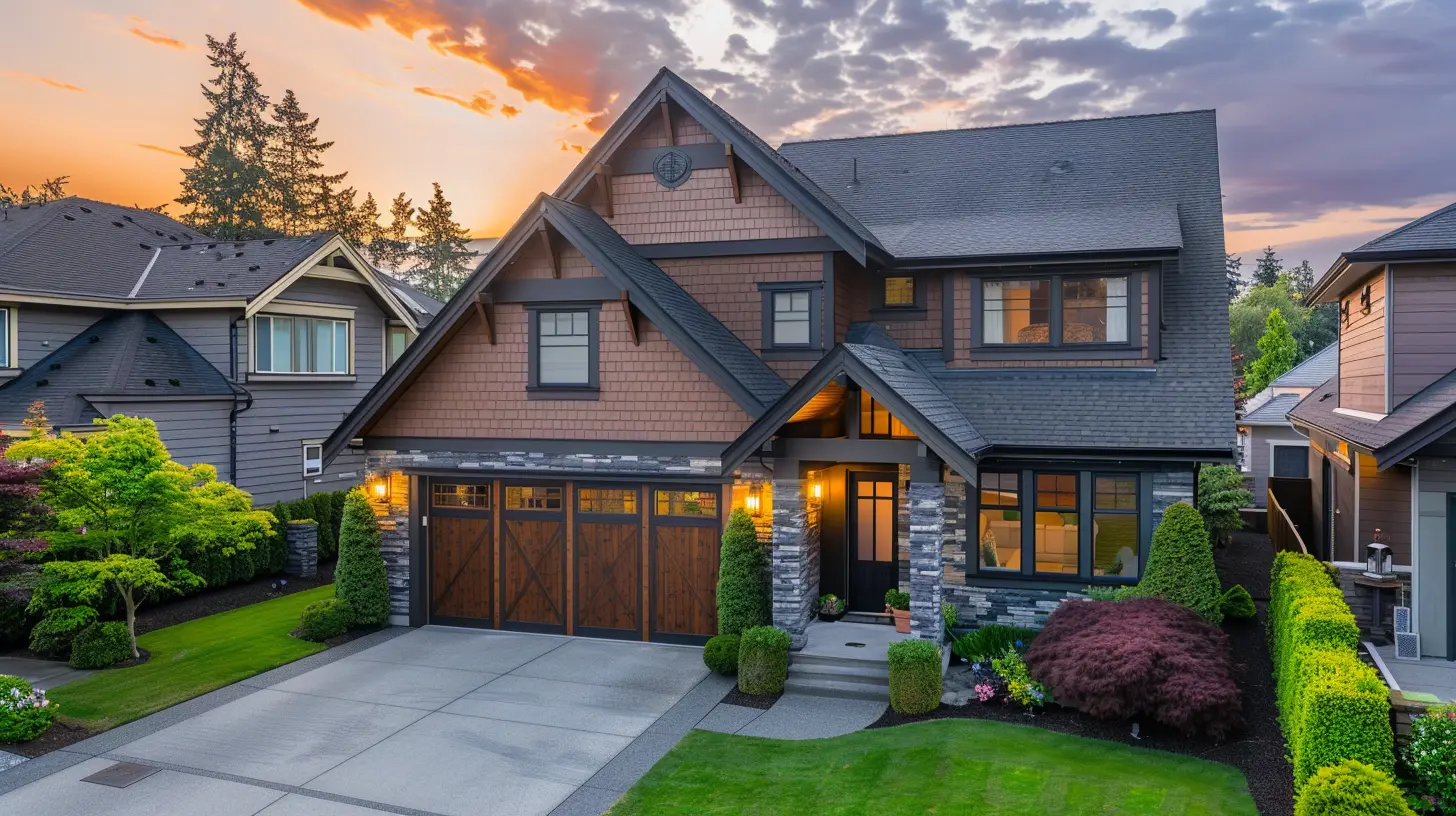
2. The Best Seasons to Buy a Home
Believe it or not, the time of year can make a big difference when purchasing a home. Here’s a breakdown of how each season impacts the market:Spring (March - May): The Hottest Market
Spring is the busiest time for real estate. Why? Because as the weather warms up, so does buying activity. Families with kids want to move during summer to avoid disrupting the school year, and sellers list their homes hoping to attract multiple offers.Pros of buying in spring:
- More options – The highest number of listings hit the market.
- Move-in ready homes – Sellers often prepare their houses for spring buyers, meaning fewer repairs needed.
Cons:
- Higher prices – More competition means bidding wars are more common.
- Faster sales – Homes sell quickly, giving buyers less time to negotiate.
Summer (June - August): Competitive and Pricey
Summer continues the trend of high demand from spring. Families rush to close deals before school starts, making it a competitive season.Pros:
- Lots of choices – Inventory is still high.
- Favorable weather for home inspections – No snow or rain hiding potential issues with the property.
Cons:
- High competition – Expect bidding wars and fewer chances to negotiate.
- Higher prices – Sellers know buyers are motivated in summer, so they often keep prices high.
Fall (September - November): The Sweet Spot
Fall is one of the best seasons to buy if you're looking for a good deal. By this time, sellers who didn’t sell during summer may lower their prices to attract buyers before the market slows down for winter.Pros:
- Less competition – Fewer buyers mean less chance of bidding wars.
- Better deals – Sellers are often more willing to negotiate.
Cons:
- Limited inventory – Many top listings from spring and summer are already sold.
- Weather concerns – If you're buying in a colder region, winter weather could make inspections tougher.
Winter (December - February): The Budget Buyer's Season
Winter is traditionally the slowest season in real estate. Fewer people want to move during the holidays or in freezing temperatures, which means less demand and potentially better deals.Pros:
- Lower prices – Sellers who list in winter are often motivated to sell quickly.
- More negotiating power – Fewer buyers mean you have more leverage.
Cons:
- Fewer homes listed – Inventory is the lowest during winter.
- Weather challenges – In snowy regions, it’s harder to assess landscaping and exterior property conditions. 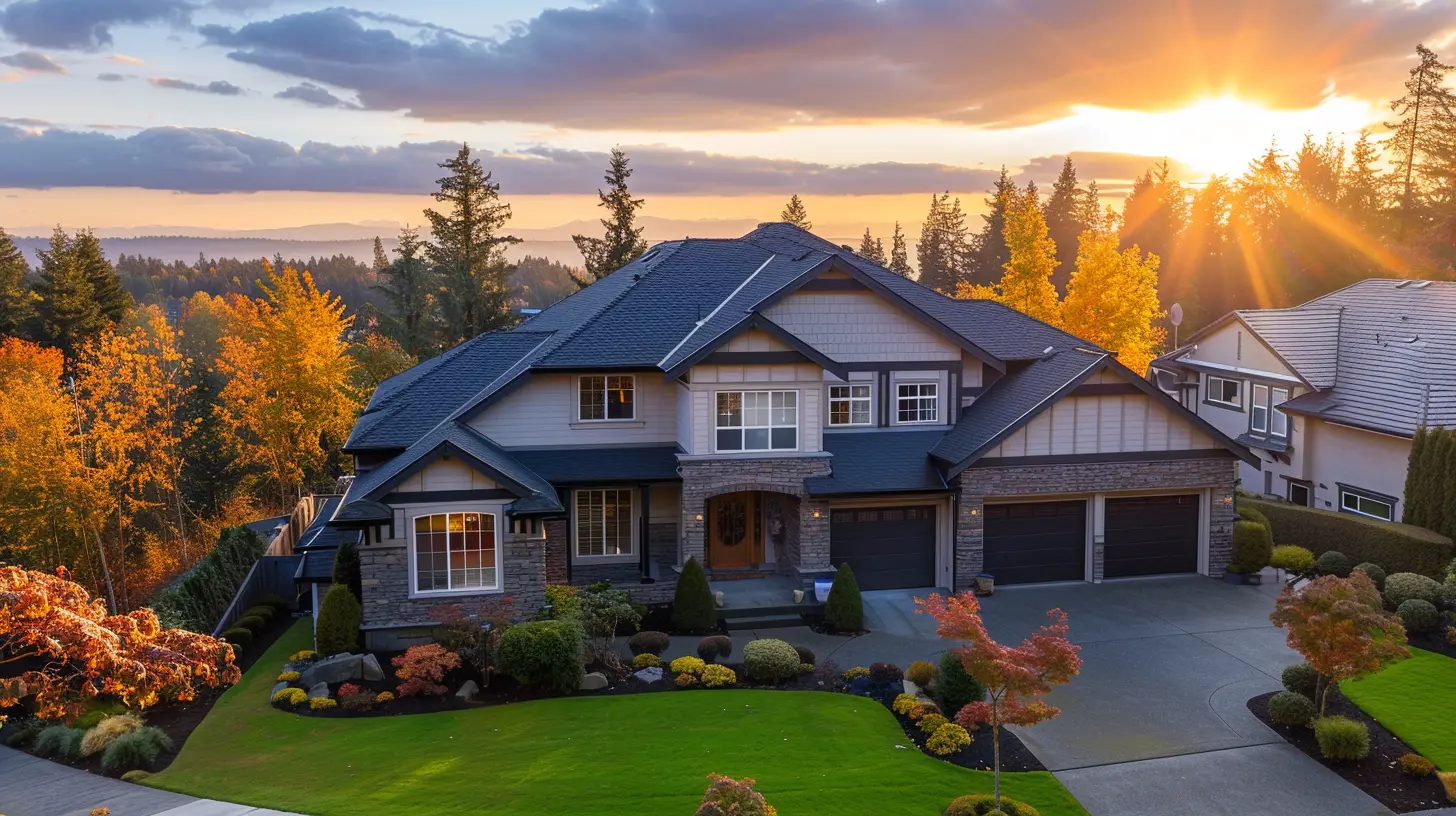
3. How Interest Rates Affect Homebuying
Seasonal trends aren’t the only factor when deciding the best time to buy a home. Mortgage interest rates play a huge role in affordability. A slight increase in rates can result in hundreds of extra dollars in monthly payments.For example:
- A 3% interest rate on a $300,000 mortgage results in a $1,265 monthly payment.
- A 6% interest rate raises that to $1,798 per month—that’s over $500 extra each month!
If interest rates are low, you might not need to worry too much about timing the market seasonally because affordability increases. However, when rates are high, waiting for a more favorable time of year (like fall or winter) could help you find a better deal. 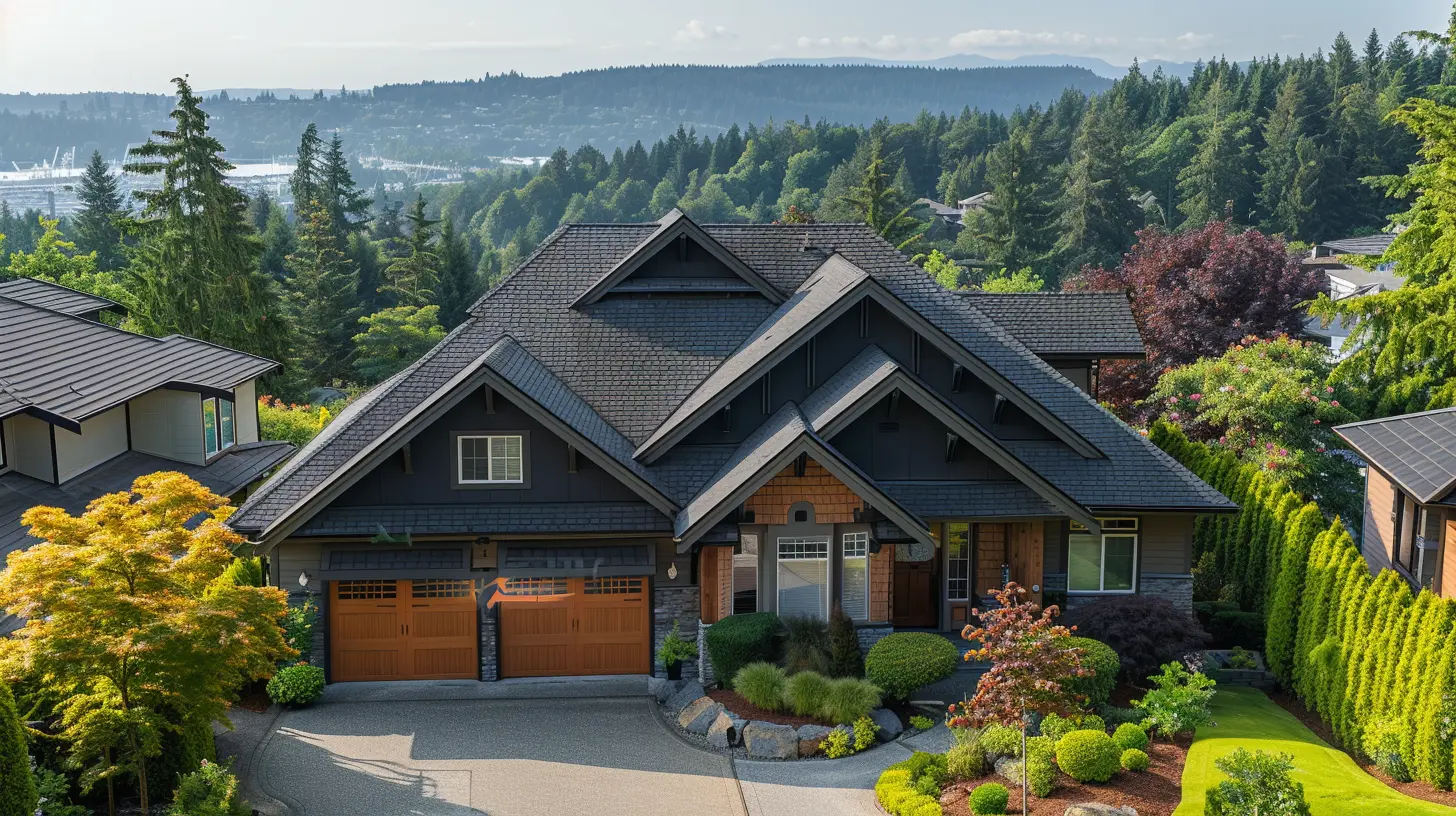
4. Should You Wait for a Market Crash?
A lot of first-time buyers are hesitant, thinking, “I’ll wait for the market to crash so I can get a cheaper home.” But is that a smart strategy?Real estate crashes, like the one in 2008, don’t happen often. In most cases, home prices correct rather than crash. While waiting for a perfect dip in the market might seem like a good idea, it could backfire, especially if prices continue rising.
Instead of trying to time a crash, focus on:
- Finding the right home that fits your budget
- Locking in an affordable mortgage rate
- Taking advantage of buyer-friendly seasons (like fall or winter)
5. The Best Time for YOU to Buy a Home
While market trends matter, the best time to buy a home is when you are personally ready. That means:- You have a stable job and steady income
- Your credit score is strong (ideally 700+)
- You’ve saved enough for a down payment and closing costs
- You can comfortably afford monthly mortgage payments
- You plan to stay in the home for at least 5-7 years
If you check off these boxes, don’t obsess over timing the market perfectly. The real estate market will always fluctuate, but what matters most is finding a home you love at a price you can afford.
Final Thoughts
So, when’s the best time to buy your first home? If you’re looking for the most options, spring and summer are ideal. If you want better deals, fall and winter are your best bets. But beyond seasonal trends, interest rates and your personal financial readiness should be the deciding factors.At the end of the day, buying your first home isn’t about chasing the lowest price—it’s about making a smart and informed decision that suits your financial future. So, take your time, do your research, and when the right opportunity comes along, go for it!
all images in this post were generated using AI tools
Category:
First Time Home BuyersAuthor:

Cynthia Wilkins
Discussion
rate this article
7 comments
Lyla Bryant
Buying your first home is a bit like dating—timing is everything, and you don’t want to settle for a fixer-upper when the market is ripe! So grab your metaphorical magnifying glass, study those trends, and find a house that makes your heart skip a beat (and fits your budget)!
May 9, 2025 at 8:12 PM

Cynthia Wilkins
Absolutely! Just like in dating, waiting for the right moment and doing thorough research can lead to finding your perfect home. Happy house hunting!
Harvey Williams
This article provides valuable insights into the current real estate market trends, making it easier for first-time buyers to navigate their decisions. It’s vital to stay informed about market fluctuations and timing, as well as personal readiness, to ensure a successful home-buying experience. Thought-provoking and practical!
May 8, 2025 at 3:51 AM

Cynthia Wilkins
Thank you for your thoughtful feedback! I'm glad you found the insights helpful for navigating the real estate market. Happy house hunting!
Kayla McTier
This insightful article beautifully outlines the intricacies of current market trends for first-time homebuyers. By understanding seasonal variations, interest rates, and economic indicators, prospective buyers can make informed decisions. Timing is crucial; leveraging these insights can significantly enhance one’s chances of securing a dream home at the right price.
May 7, 2025 at 2:54 AM

Cynthia Wilkins
Thank you for your thoughtful comment! I'm glad you found the article useful for navigating the complexities of the housing market. Happy house hunting!
Graham McGivern
Great insights! Timing is crucial in real estate.
May 6, 2025 at 12:00 PM

Cynthia Wilkins
Thank you! Timing can indeed make a significant difference in your home-buying journey.
Heath McGee
Great insights! Understanding market trends truly helps first-time buyers make informed decisions. Thank you!
May 4, 2025 at 8:47 PM

Cynthia Wilkins
Thank you for your kind words! I'm glad you found the insights helpful for navigating the market. Happy house hunting!
Mitchell Gill
Buying your first home? Remember, timing is everything! It's like trying to catch the perfect wave—sometimes you ride the crest, and sometimes you just end up in the kiddie pool!
May 3, 2025 at 8:03 PM

Cynthia Wilkins
Great analogy! Timing can truly make a difference in home buying, just like surfing—it's all about being prepared and seizing the right moment.
Ivan Wagner
Buying a home? It’s like dating—timing is key, but don’t let your heart outbid your wallet!
May 2, 2025 at 3:17 AM

Cynthia Wilkins
Great analogy! Timing and budget are crucial in both dating and buying a home. Stay smart and patient!
MORE POSTS
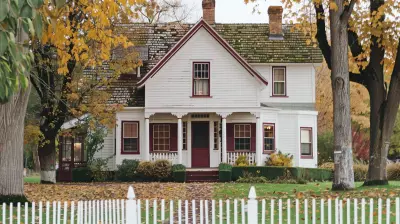
The Role of Escrow in the Refinancing Process
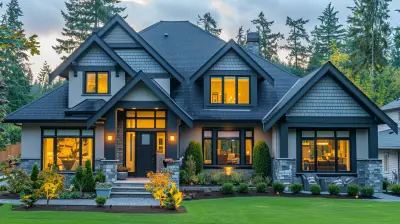
Refinancing vs. Home Equity Loan: Which Option Is Best for You?

Key Legal Considerations When Buying Real Estate
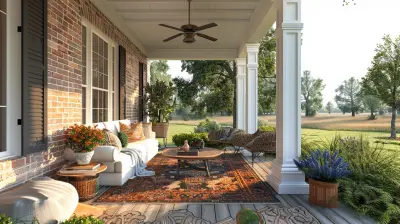
The Importance of First Impressions: Porch Design Tips

The Legal Rights of Tenants Under Lease Agreements

Sustainable Landscaping for Eco-Conscious Homeowners